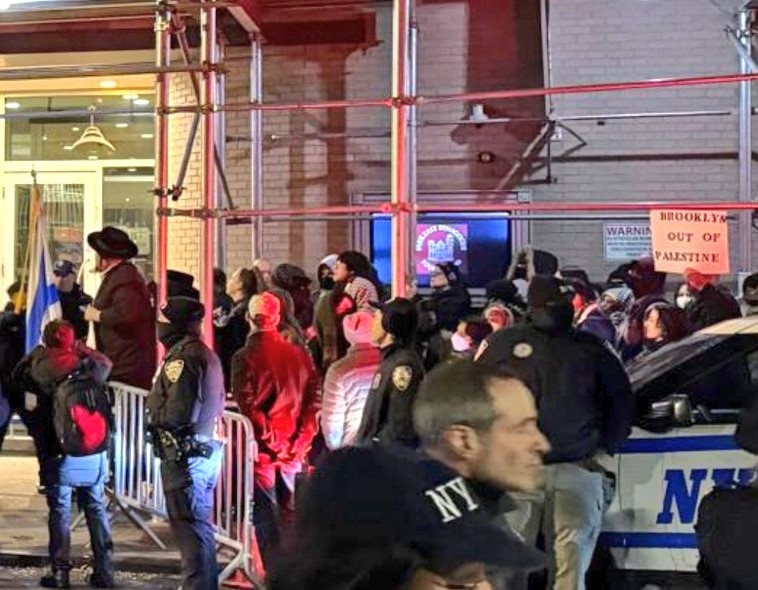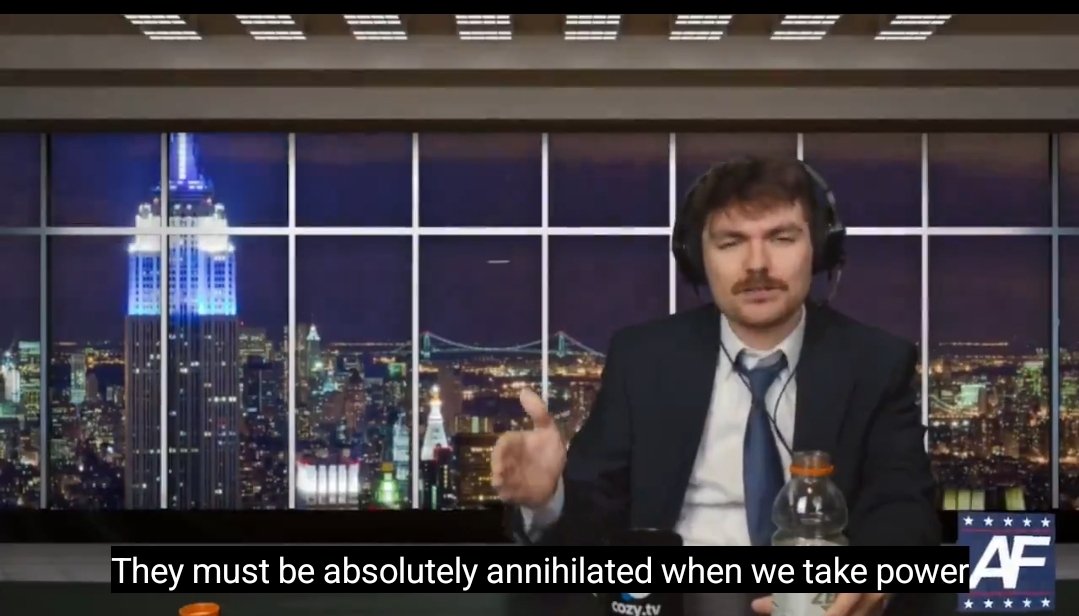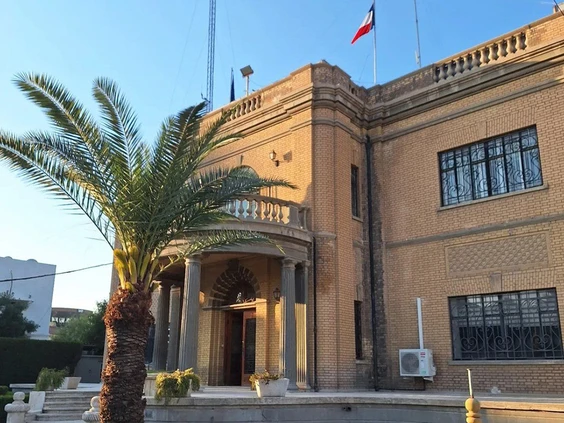By Professor Walter E. Block & Oded J.K. Faran
Recent months have witnessed an unusual phenomenon: rabbis from across the Jewish denominational spectrum, including Reform, Conservative, and even Orthodox leaders, publicly criticizing aspects of Israel’s military operations in Gaza. At a time when Israel faces existential threats on multiple fronts, this religious dissent demands examination.
The criticism has been substantial. Eighty Orthodox rabbis recently declared: “We affirm that Hamas’s sins and crimes do not relieve the government of Israel of its obligations to make whatever efforts are necessary to prevent mass starvation. Orthodox Jewry, as some of Israel’s most devoted supporters, bears a unique moral responsibility.”
Rabbi Yosef Blau of Yeshiva University added: “The responsibility and the lack of concern that Hamas has for the health and welfare of its own people does not free Israel from having responsibility for the destruction that it has caused.”
What drives this religious criticism during one of Israel’s most challenging hours?
The Theological Imperative
Many of these rabbis invoke fundamental Jewish principles of preserving human life (pikuach nefesh) and preventing unnecessary suffering. They argue that Jewish law creates obligations that transcend military necessity, believing that even justified warfare must be conducted within moral boundaries derived from religious tradition.
This position reflects a longstanding tension in Jewish thought between national survival and ethical conduct. These rabbis contend that Israel’s Jewish character depends not merely on military victory, but on adherence to Jewish values throughout the conflict.
Strategic Concerns
Some religious leaders express worry about long-term consequences for Israel’s security and international standing. They fear that certain military approaches, while tactically sound, may prove strategically counterproductive by alienating potential allies or undermining Israel’s moral authority.
From this perspective, criticism serves Israel’s interests by encouraging policies that maintain both military effectiveness and international legitimacy.
The Prophetic Tradition
These rabbis may also see themselves fulfilling the classical prophetic role of speaking truth to power. In Jewish tradition, religious leaders have historically challenged rulers when they believed fundamental principles were at stake, viewing such criticism as loyalty to higher ideals rather than disloyalty to the state.
Understanding the Opposition
Critics of rabbinic dissent raise valid counterpoints. They argue that public criticism during wartime undermines Israeli morale and provides propaganda material for enemies. Internal disagreements, they contend, should be handled privately while maintaining unity against existential threats.
Others question whether religious leaders possess the military and intelligence expertise necessary to evaluate complex tactical decisions. They suggest that civilian religious authorities should defer to military professionals on operational matters, particularly when soldiers’ lives hang in the balance.
The Broader Context
This rabbinic criticism occurs against the backdrop of unprecedented challenges. Israel faces a multi-front war while international pressure mounts and antisemitism surges globally. The stakes could hardly be higher.
Yet the phenomenon also reflects deeper questions about Jewish identity and values in the modern era. How should a Jewish state balance religious principles with military necessity? What obligations do Jewish leaders have during times of crisis?
What’s Next?
Rather than viewing this religious dissent as necessarily harmful, we might understand it as reflecting the complexity of Jewish thought itself. Judaism has always encompassed multiple voices and perspectives, even during times of crisis.
The challenge lies in ensuring that such discussions strengthen rather than weaken Israel’s position. This requires religious leaders to consider the consequences of public criticism during wartime, while political and military officials must remain open to legitimate ethical concerns.
Israel’s survival depends on military strength, international support, and moral clarity. The ongoing debate among rabbis reflects the difficulty of balancing these imperatives under extraordinary pressure. Whether this religious criticism ultimately helps or hinders Israel may depend less on the criticism itself than on how Israeli society responds to it.
The conversation between Jewish values and Israeli policy will continue long after the current conflict ends. How that dialogue unfolds may determine not only Israel’s military success, but its character as a Jewish state.
Dias, Elizabeth and Lisa Lerer. 2024. “Rabbis Emerge as Growing Voice of Criticism of Israel’s Tactics in Gaza.” New York Times, August 26. https://www.nytimes.com/2024/08/26/us/rabbis-gaza.html
Hamas Covenant 1988. “The Covenant of the Islamic Resistance Movement.” Yale Law School Avalon Project. https://avalon.law.yale.edu/20th_century/hamas.asp
Walter E. Block, Ph.D. is the Harold E. Wirth Eminent Scholar Endowed Chair and Professor of Economics at Loyola University, New Orleans.
Oded J.K. Faran holds LL.B. and LL.M. degrees in law from Sha’arei Mishpat College in Israel. He is the General Director of Faran & Co. International Translations Ltd. and lives in Tbilisi, Georgia. He is the author of Jacob’s Ledger, a blog focused on the intersections of economics, law, and geopolitics, aimed at professionals who value clear thinking and grounded analysis.







